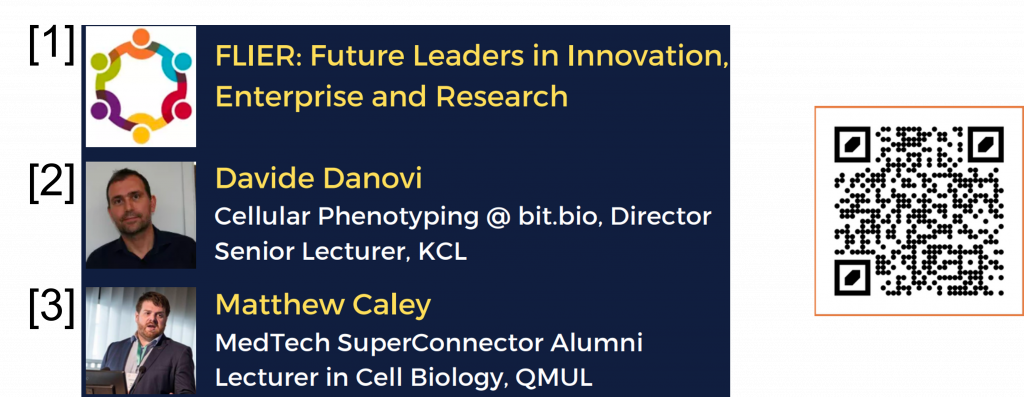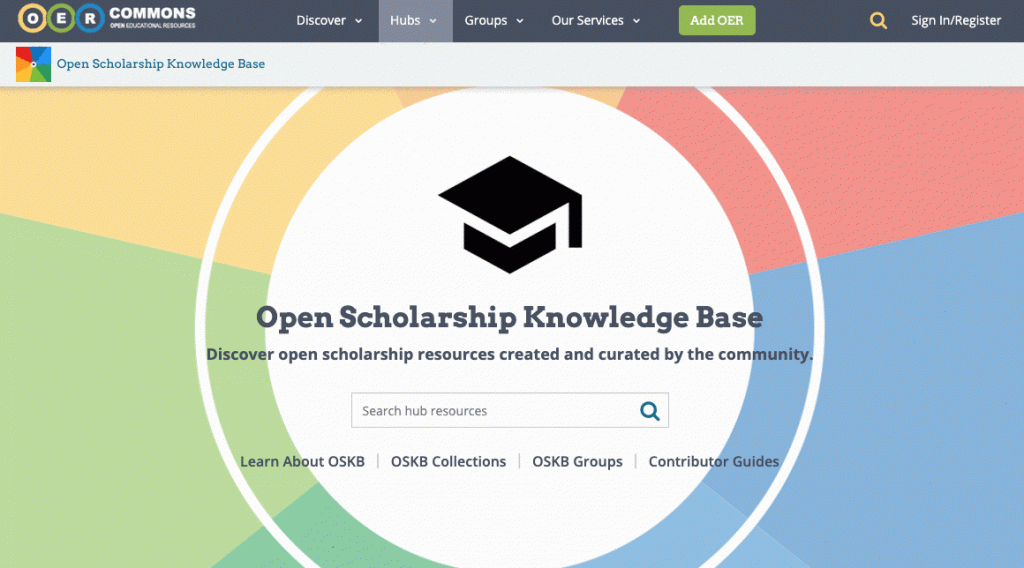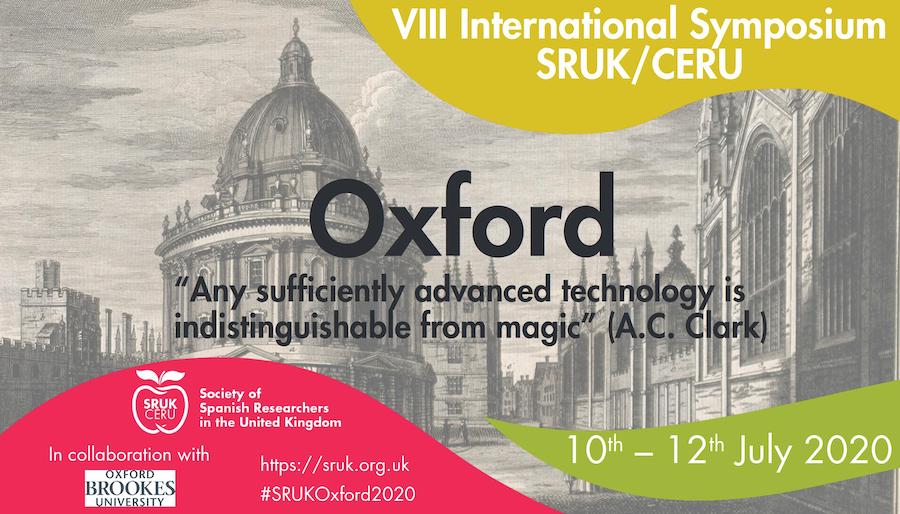The London Postdoc Network (LPN) is organising a new online event about working at the bridge between Academia and Industry, with the aim to give Academic staff/PhD student s/Postdocs a good idea of what it is like to work in those two environments in parallel and how they can be complementary and rewarding.
There will be a 10 min presentation by the leadership programme: FLIER: Future Leaders in Innovation,Enterprise and Research, a panel discussion with two invited speakers and a Q&A session where you will be able to ask your questions:
[1] https://acmedsci.ac.uk/grants-and-schemes/mentoring-and-other-schemes/FLIER
[2] https://www.linkedin.com/in/davide-danovi-a6246a13/
[3] https://www.linkedin.com/in/matthew-caley-04779730/
Here is the Eventbrite link to register (Zoom link will follow your registration) and receive updates:



